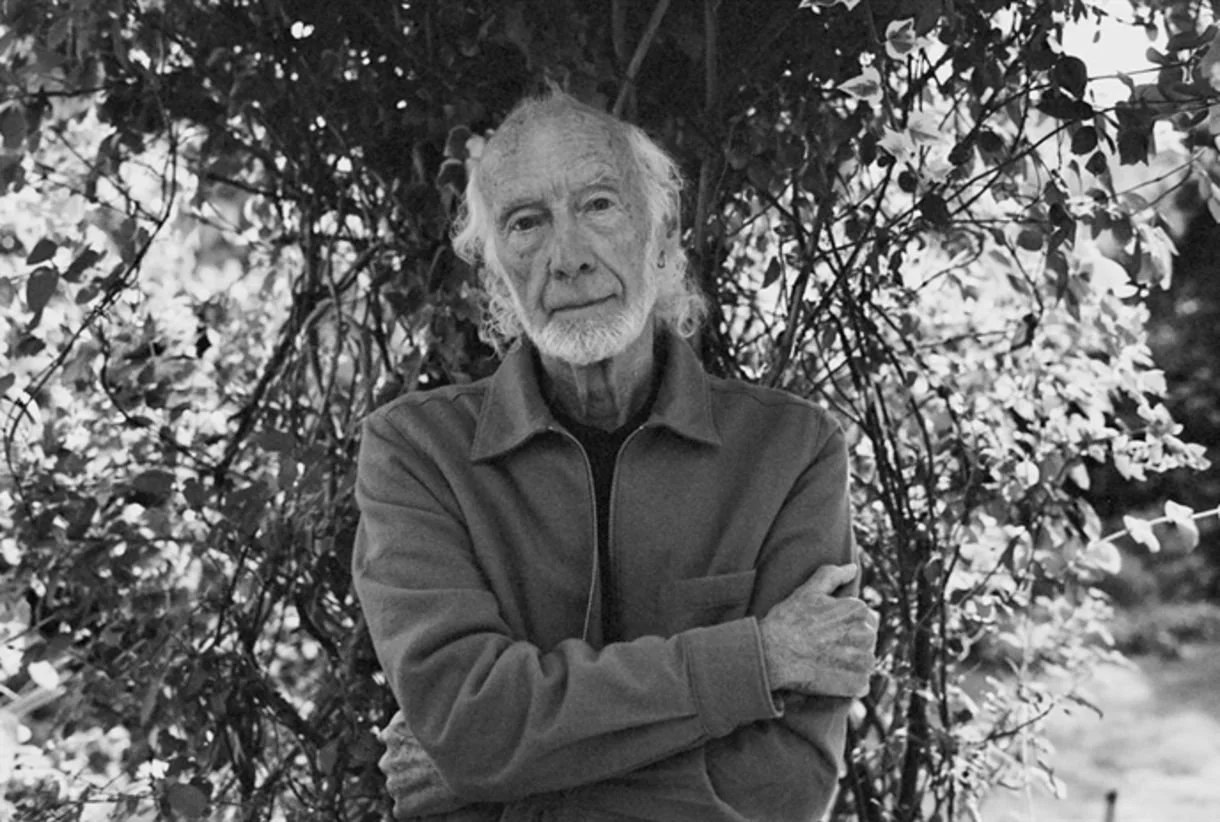Alive and Gigging: Roger McGough Birmingham Repertory Theatre, 6 Centenary Square, B1 2EP, 5☆☆☆☆☆. Review: Joanna Jarvis.
Photo credit: Allan Melia.
Alive and Gigging: Roger McGough, Birmingham Repertory Theatre, 6 Centenary Square, B1 2EP
5☆☆☆☆☆ Review: Joanna Jarvis
‘Words and wit, with humour and heart.’
The large auditorium of the Birmingham Rep is filled to two thirds capacity which seem a stretch for a poet, but not for Roger McGough. The receptive crowd listens to his well-known voice and receives his musings on humanity with great hilarity and real joy.
McGough is often referred to as a ‘performance poet’, and this he does with consummate skill, holding the audience attention with perfect comic timing, and manipulating us with the flick of an eyebrow or point of a finger.
His wartime childhood and education fill the first half. Mixing beautiful visual memories of air raids in Liverpool and the ever-present barrage balloons, with a shocking scene in the minefield on Formby beach. The time and the place takes us to the same beach, now occupied by Gormley sculptures. Moving on to school and university we hear a deeply touching portrait of his dad. McGough’s father was a proud docker whose son moved out of his world. He watches his son playing cricket from the other side of the park railings. What does your father do? which ends with his father listing the names of individual Liverpool docks is deeply moving.
After the interval we are promised a question-and-answer session. And so it is, McGough questions us to check that we have been listening: how many siblings did his mother have? What city did Aunt Eva visit? He has us in the palm of his hand, and we answer eagerly. Listening to doggerel poems we are expected to fill in the rhyme at the end, only to be left hanging and told ‘not every poem needs a rhyme’.
With self-deprecating pride McGough remembers his days as a Mersey poet and performing with the Scaffold. Moving in and out of Abbey Road, with Paul McCartney. Meeting Jimi Hendrix and Graham Nash and discussing poetry with Bob Dylan at the Adelphi Hotel in Liverpool. Comfortable, warm memories of a time familiar to many, though not all, in the audience. Younger members may have come across him through his gentle, kind, poetry for children.
Let me die a young man’s death, reminds us that McGough is well aware of his mortality and his reaction to aging is as sharp and funny as anything else he has written. The breadth and variety of his subject matter is astounding. Two lines or twenty, each poem homes in on a truth about us as human beings with an authentic and earthy realism. For this reviewer, who is not a poet, to listen live to such a master is a real privilege.
